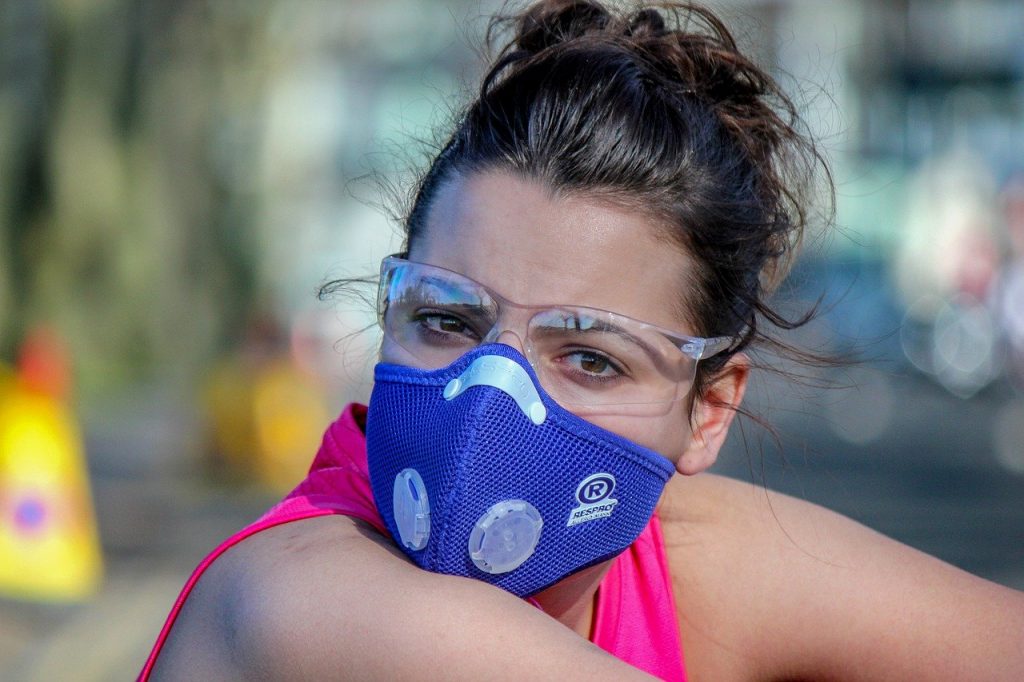Recently The Journal of Allergy and Clinical Immunology: In Practice, released an article about COVID-19 affect on asthma exacerbation
“Understanding the effect of the coronavirus disease 2019 (COVID-19) pandemic, and the efforts taken to combat it, on specific diseases is difficult owing to the many ways in which COVID-19 is impacting patients and health care systems. A significant decrease in the utilization of emergency services for asthma exacerbation (AEX) has been reported. However, health care system avoidance has also been reported and has resulted in delayed or decreased primary and acute care consultations, making it difficult to assess the extent to which decreased health utilization is related to patient avoidance of health services versus actual changes in asthma control,” – was report in the article
Asthma
Asthma causes swelling of the airways. This results in narrowing of the airways that carry air from the nose and mouth to the lungs. Allergens or irritating things entering the lungs trigger asthma symptoms. Symptoms include trouble breathing, wheezing, coughing and tightness in the chest. Asthma can be deadly.
- There is no cure for asthma, but it can be managed with proper prevention of asthma attacks and treatment.
- More Americans than ever before have asthma. It is one of this country’s most common and costly diseases.
- Percent of adults aged 18 and over who currently have asthma: 8.0%
- Percent of children under age 18 years who currently have asthma: 7.0%
“Asthma is often under-diagnosed and under-treated, particularly in low- and middle-income countries. People with under-treated asthma can suffer sleep disturbance, tiredness during the day, and poor concentration. Asthma sufferers and their families may miss school and work, with financial impact on the family and wider community. If symptoms are severe, people with asthma may need to receive emergency health care and they may be admitted to hospital for treatment and monitoring. In the most severe cases, asthma can lead to death,” – said in WHO.
COVID-19 Affect On Asthma Study
The Person Empowered Asthma Relief (PREPARE) study is in African American/Black (AA/B) and Hispanic/Latinx (H/L) adults (age, 18-75 years) with moderate-to-severe asthma. Recruitment into the trial was initiated in November 2018 and enrollments were completed in March 2020, as COVID-19–related lockdowns were initiated.
“We compared the change in annualized AEX rates between the first and the second quarters of 2019 versus the same quarters of 2020. The outcome was categorized by month and by quarter of the observation year (first quarter [Q1]: January 1 through March 31; second quarter [Q2]: April 1 through June 30),” – said in the study.
The study showed that total AEXs decreased by greater than 40% coincident with the onset of the COVID-19 pandemic. Reductions in exacerbation were greatest in individuals who were working outside of the home and in those without type 2 inflammation. This COVID-19 affect on asthma may be related to social-distancing and occupational changes and unlikely to be related to reduced health care system avoidance during the COVID-19 pandemic. Given the significant morbidity associated with AEX, further investigation is required to further clarify the underlying causes of these findings.

